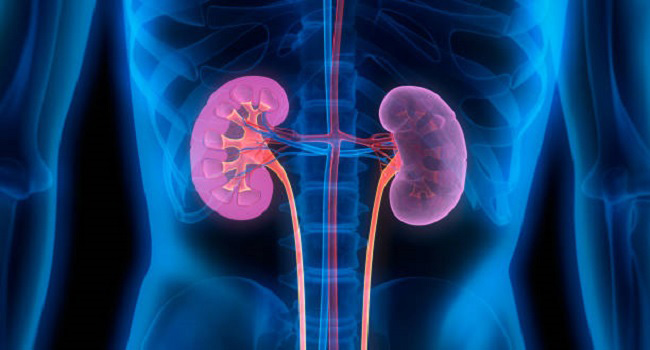
Researchers have unveiled promising results from a groundbreaking clinical trial that could transform the treatment landscape for primary immunoglobulin A nephropathy, commonly known as IgA nephropathy.
The clinical trial, known as the NefIgArd trial, has shown encouraging outcomes for a new treatment approach using a specially formulated medication called budesonide (Nefecon).
IgA nephropathy is a kidney disorder where a substance called immunoglobulin A (IgA) accumulates in the kidneys, causing inflammation and damage. Over time, this can lead to reduced kidney function and potentially kidney failure. In patients with progressive disease, the risk of kidney failure may be up to 50% within 20 years. Current treatment options focus on managing symptoms and slowing down the disease progression as no disease-specific agents are available for cure.
Clinical Trial
Researchers aimed to evaluate the effectiveness of a targeted-release formulation of a medication called budesonide. This medication belongs to a class of drugs called corticosteroids, which are known for their anti-inflammatory properties. Unlike traditional corticosteroids, the targeted-release formulation of budesonide aims to deliver the drug specifically to the affected area while minimizing side effects in other parts of the body.In the first part of the trial, called Part A, 199 patients with IgAN were treated with Nefecon or placebo for nine months and observed for an additional three months. The primary endpoint for Part A was a 24-hour urine protein-to-creatinine ratio (UPCR) after 9 months. Secondary outcomes included estimated glomerular filtration rate (eGFR) at 9 and 12 months and the UPCR at 12 months.
